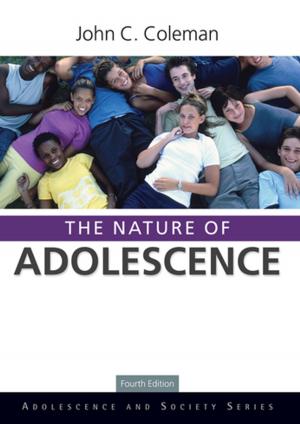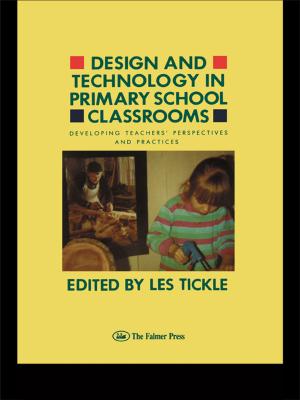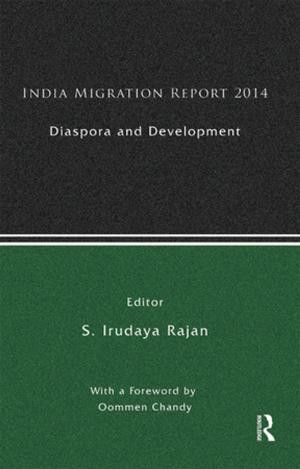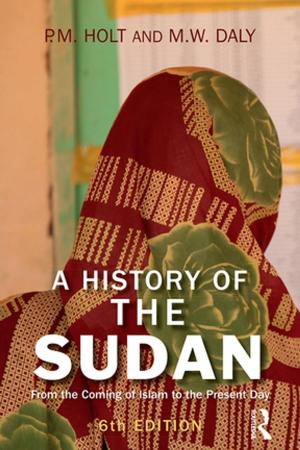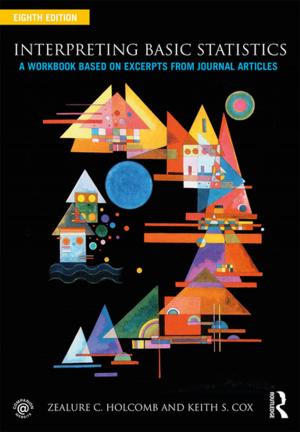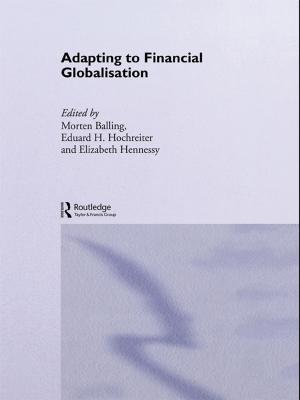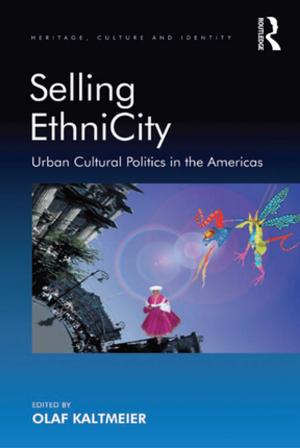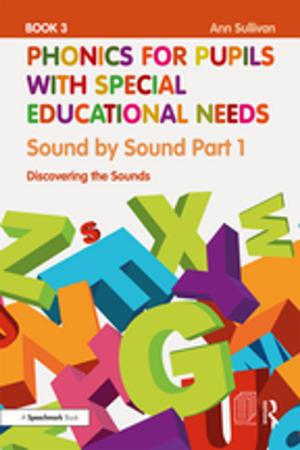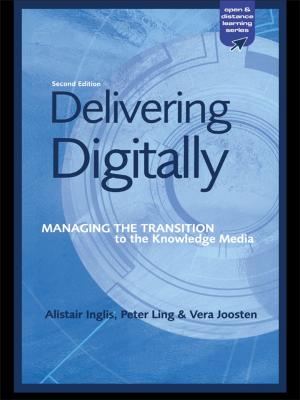Home Birth
The Politics of Difficult Choices
Nonfiction, Health & Well Being, Medical, Allied Health Services, Health, Women&| Author: | Mary L. Nolan | ISBN: | 9781136865138 |
| Publisher: | Taylor and Francis | Publication: | November 8, 2010 |
| Imprint: | Routledge | Language: | English |
| Author: | Mary L. Nolan |
| ISBN: | 9781136865138 |
| Publisher: | Taylor and Francis |
| Publication: | November 8, 2010 |
| Imprint: | Routledge |
| Language: | English |
The rhetoric of choice is much used in UK health policy and home birth is one of the three options that women are entitled to choose between when deciding where to have their baby. However, many women making this choice run into considerable opposition from the maternity service.
Home Birth: the politics of difficult choices focuses on the experiences of women whose choices were opposed by health professionals during their pregnancy journey. It confronts why and how women are being denied home birth and raises some challenging issues for current midwifery practice. Using ten women’s narratives, this important volume explores why women might want to give birth at home and considers ideas of risk and informed choice in pregnancy and birth. The book includes chapters on communication and language; fear and stress; advocacy and autonomy; fathers’ experience of contested place of birth and free birthing.
Pointers to best practice are presented whilst the text incorporates women’s narratives throughout, making this a practical and relevant read for midwifery students as well as practising midwives and childbirth educators, all of whom have a duty to make home birth a real option for women.
The rhetoric of choice is much used in UK health policy and home birth is one of the three options that women are entitled to choose between when deciding where to have their baby. However, many women making this choice run into considerable opposition from the maternity service.
Home Birth: the politics of difficult choices focuses on the experiences of women whose choices were opposed by health professionals during their pregnancy journey. It confronts why and how women are being denied home birth and raises some challenging issues for current midwifery practice. Using ten women’s narratives, this important volume explores why women might want to give birth at home and considers ideas of risk and informed choice in pregnancy and birth. The book includes chapters on communication and language; fear and stress; advocacy and autonomy; fathers’ experience of contested place of birth and free birthing.
Pointers to best practice are presented whilst the text incorporates women’s narratives throughout, making this a practical and relevant read for midwifery students as well as practising midwives and childbirth educators, all of whom have a duty to make home birth a real option for women.


